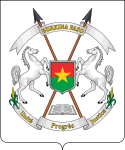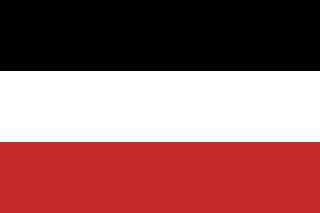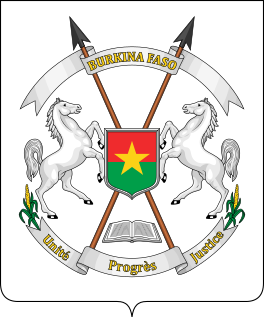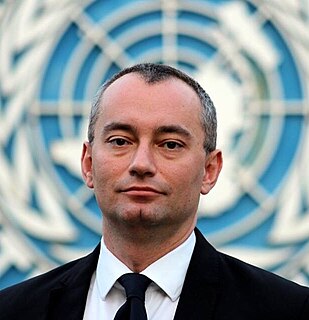This article does not cite any sources .(December 2009) (Learn how and when to remove this template message) |
Democratic Forces for Progress | |
|---|---|
| Leader | Issa Dominique Konate |
| Founded | 1990s |
| Dissolved | 1990s |
| Ideology | Marxism Socialism Communism Social democracy |
| Political position | Center-left to far-left |
 |
|---|
| This article is part of a series on the politics and government of Burkina Faso |
Parliament |
|
The Democratic Forces for Progress (French : Forces Démocratiques pour le Progrès, FDP) was a political alliance in Burkina Faso (former Upper Volta. It existed in the early 1990s and consisted of the following political parties:

French is a Romance language of the Indo-European family. It descended from the Vulgar Latin of the Roman Empire, as did all Romance languages. French evolved from Gallo-Romance, the spoken Latin in Gaul, and more specifically in Northern Gaul. Its closest relatives are the other langues d'oïl—languages historically spoken in northern France and in southern Belgium, which French (Francien) has largely supplanted. French was also influenced by native Celtic languages of Northern Roman Gaul like Gallia Belgica and by the (Germanic) Frankish language of the post-Roman Frankish invaders. Today, owing to France's past overseas expansion, there are numerous French-based creole languages, most notably Haitian Creole. A French-speaking person or nation may be referred to as Francophone in both English and French.

Burkina Faso is a landlocked country in West Africa. It covers an area of around 274,200 square kilometres (105,900 sq mi) and is surrounded by six countries: Mali to the north; Niger to the east; Benin to the southeast; Togo and Ghana to the south; and Ivory Coast to the southwest. The July 2018 population estimate by the United Nations was 19,751,651. Burkina Faso is a francophone country, with French as the official language of government and business. Roughly 40% of the population speaks the Mossi language. Formerly called the Republic of Upper Volta (1958–1984), the country was renamed "Burkina Faso" on 4 August 1984 by then-President Thomas Sankara. Its citizens are known as Burkinabé. Its capital is Ouagadougou.

The Republic of Upper Volta, now Burkina Faso, was a landlocked West African country established on December 11, 1958, as a self-governing colony within the French Community. Before attaining autonomy it had been French Upper Volta and part of the French Union. On August 5, 1960, it attained full independence from France.
- Movement for Socialist Democracy
- African Independence Party
- Movement of Progressive Democrats
- Burkinabè Socialist Party
- Union of Social Democrats

Movement for Socialist Democracy was a political party in Burkina Faso. The MDS surged when the Burkinabè Communist Group split in April 1989. In March 1991 it took the name MDS. It became a founding organization of the ruling Congress for Democracy and Progress in February 1996.
African Independence Party was a communist party in French West Africa (AOF). PAI was founded in Thiès, Senegal in 1957. Later as AOF was dissolved into independent countries the local PAI sections became independent parties, often keeping the name PAI.

The Movement of Progressive Democrats was a political party in Burkina Faso.
Its leader was Issa Dominique Konate.
| This article about a Burkinabè political party is a stub. You can help Wikipedia by expanding it. |




